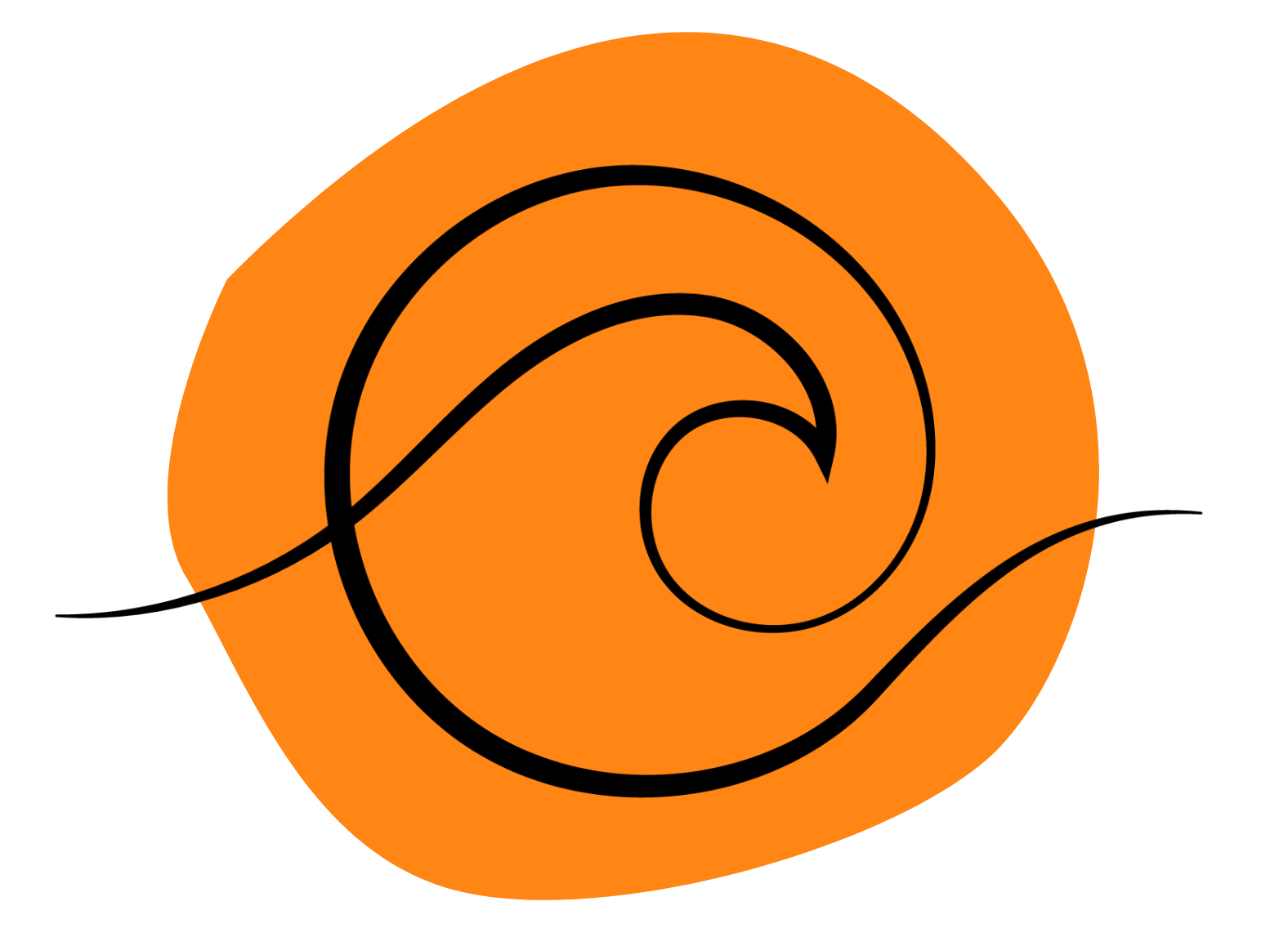Our brains are taking in data all the time. There are no windows though which our brain sees things. It takes the data and constructs what it thinks is going on in reality. What we think is reality is actually our perception of what the data tells us. And our perceptions are based on experiences and meaning we have given events over the years.
Up until the age of about 7, we didn’t have the ability to make a judgement about what we were experiencing or what we were told was true. Think Santa Claus or Easter Bunny – how many years did you believe in these things before you started questioning these beliefs or someone pointed out some discrepancies.
Many of our beliefs have gone unchallenged and our perceptions are shaped by these beliefs. Not only that, but our beliefs can become stacked so that one unhappy experience with a parent shouting at us becomes associated with a certain colour they were wearing or a certain location or even a certain smell. Years later, we can find certain emotions are triggered by some of these associations, without even realising this.
You end up in a situation where you don’t see things as they are. You see things as you are.
Up until the age of about 7, we didn’t have the ability to make a judgement about what we were experiencing or what we were told was true. Think Santa Claus or Easter Bunny – how many years did you believe in these things before you started questioning these beliefs or someone pointed out some discrepancies.
Many of our beliefs have gone unchallenged and our perceptions are shaped by these beliefs. Not only that, but our beliefs can become stacked so that one unhappy experience with a parent shouting at us becomes associated with a certain colour they were wearing or a certain location or even a certain smell. Years later, we can find certain emotions are triggered by some of these associations, without even realising this.
You end up in a situation where you don’t see things as they are. You see things as you are.

The missing piece
So, a great question to ask yourself when you feel like you are heading down a rabbit hole of associations, or feel stuck, is “what am I not seeing here…”. Or even “what’s the truth here…”.We make much better decisions when we are centred or balanced.
In fact, Bain Consulting, one of the big global consulting firms, has come up with a leadership model which has centeredness at the heart of it. They point out that in researching what makes leadership effective is centeredness. They go on to say “It provides the space in which we choose how to respond, rather than automatically reacting to a situation. In this space we find the time and awareness to bring our inspirational leadership skills to bear.” 7 Habits of Highly Effective People by Dr Stephen Covey also talks about this too.
But neither of them go far enough in my opinion, to specify what truly helps to shift from emotional reaction to centeredness.
That’s the missing piece. Both parties state that if you relax and take a breath at the time then you can become more centred and balanced. That works sometimes, but what if you have a strong emotional reaction to what is going on? Relaxing and taking a breath often doesn’t work!
Think back to the last time you got into an argument with someone and walked off in a huff!
So, a great question to ask yourself when you feel like you are heading down a rabbit hole of associations, or feel stuck, is “what am I not seeing here…”. Or even “what’s the truth here…”.We make much better decisions when we are centred or balanced.
In fact, Bain Consulting, one of the big global consulting firms, has come up with a leadership model which has centeredness at the heart of it. They point out that in researching what makes leadership effective is centeredness. They go on to say “It provides the space in which we choose how to respond, rather than automatically reacting to a situation. In this space we find the time and awareness to bring our inspirational leadership skills to bear.” 7 Habits of Highly Effective People by Dr Stephen Covey also talks about this too.
But neither of them go far enough in my opinion, to specify what truly helps to shift from emotional reaction to centeredness.
That’s the missing piece. Both parties state that if you relax and take a breath at the time then you can become more centred and balanced. That works sometimes, but what if you have a strong emotional reaction to what is going on? Relaxing and taking a breath often doesn’t work!
Think back to the last time you got into an argument with someone and walked off in a huff!

So how do you come back to the centre, or be balanced in the moment?
Well the answer lies in the terms – centred and balanced. Centred and balanced imply that there are two ends, not just one. What we experience in emotion is one end of the ‘balance’ if you like, but the other end of the balance, the opposite, is also present in the same time/space moment, we are just not aware of it. In this way, we have a lopsided perception.
What’s actually happening is we are experiencing our disowned part and it brings up an emotion – frustration, anger, whatever it may be. Once we recognise that what we are experiencing from the other in conversation with them, is something that we can own as having done too and can think of a specific recent example of when we did that to them or someone else, it takes the sting out of the situation, or put another way, it neutralises the emotion.
So, make sure you own the very trait that is irritating or frustrating you!
This process quickly brings you back to being centred or balanced, and actually opens your heart and clears your mind. It balances your perceptions.
And the more balanced your perceptions become, the stronger that intuitive voice becomes. The voice that guides us so well and helps us make better decisions.
Well the answer lies in the terms – centred and balanced. Centred and balanced imply that there are two ends, not just one. What we experience in emotion is one end of the ‘balance’ if you like, but the other end of the balance, the opposite, is also present in the same time/space moment, we are just not aware of it. In this way, we have a lopsided perception.
What’s actually happening is we are experiencing our disowned part and it brings up an emotion – frustration, anger, whatever it may be. Once we recognise that what we are experiencing from the other in conversation with them, is something that we can own as having done too and can think of a specific recent example of when we did that to them or someone else, it takes the sting out of the situation, or put another way, it neutralises the emotion.
So, make sure you own the very trait that is irritating or frustrating you!
This process quickly brings you back to being centred or balanced, and actually opens your heart and clears your mind. It balances your perceptions.
And the more balanced your perceptions become, the stronger that intuitive voice becomes. The voice that guides us so well and helps us make better decisions.
author bio
Nicky Davies
MSc. FInstLM. ACC(ICF)
Trusted Business Mentor & Executive Coach
Nicky is CEO of WAVA Global, developing inspired leaders in organisations around the world.
Her love of sailing means that she spends 6 months of the year with her family on their sailboat in the Mediterranean.
Nicky also has a podcast, Developing Inspired Leaders, and can be contacted via LinkedIn or her website: www.nickyjdavies.com.
Nicky also has a podcast, Developing Inspired Leaders, and can be contacted via LinkedIn or her website: www.nickyjdavies.com.
Write your awesome label here.

